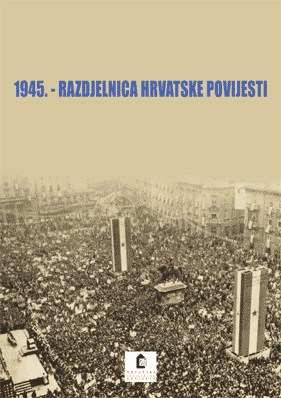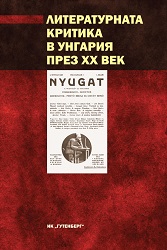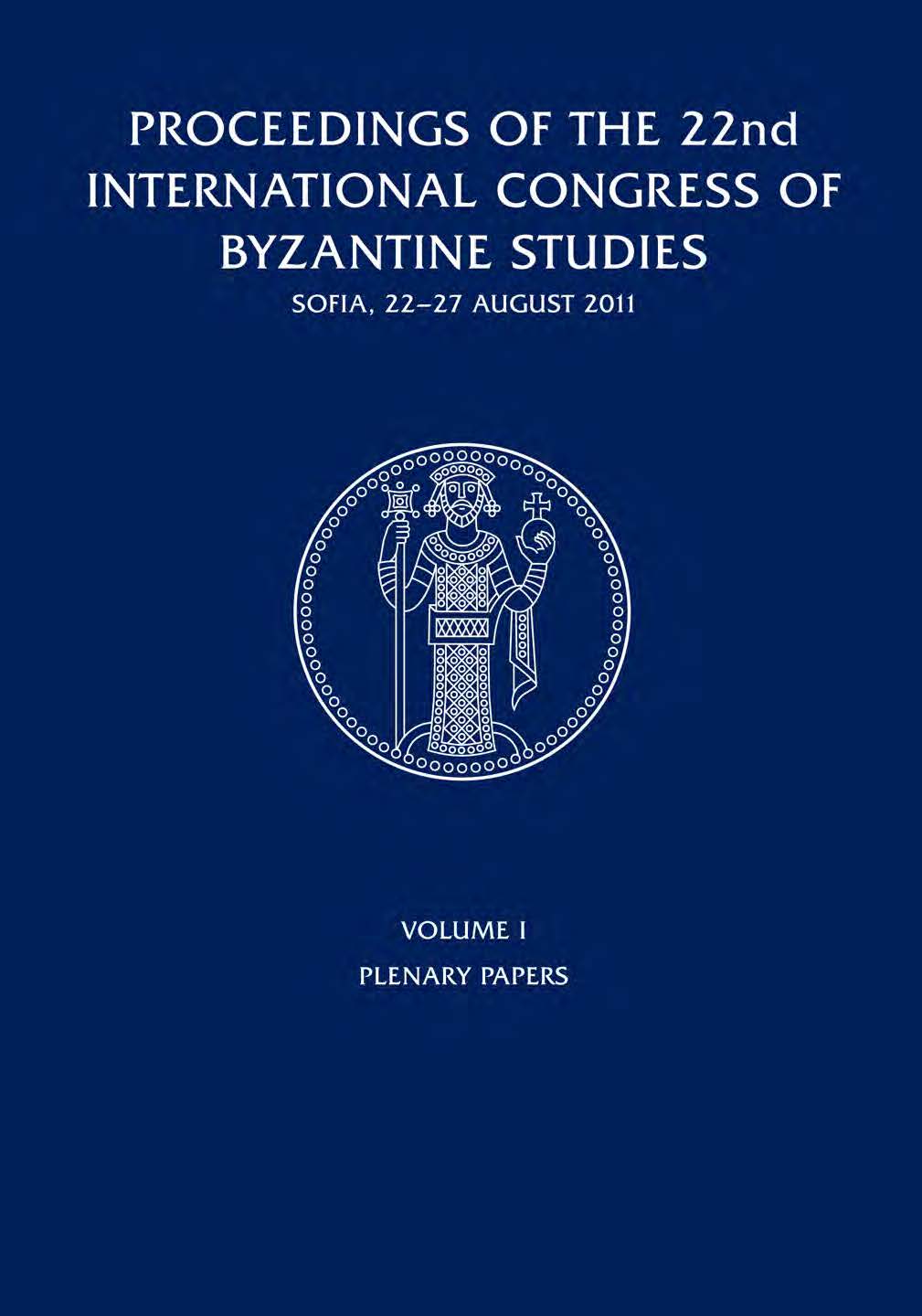
Problemi diskontinuiteta vlasti i Hrvatska 1945
The author explains that the government established in Croatia in 1945, under the domination of the KPJ/KPH (The Communist Party of Yugoslavia/The Communist Party of Croatia), was entirely discontinuous from the previous forms of govenment on Croatian territory. It was a direct negation of the government of the NDH (The Independent State of Croatia), but also of the government in the period of the Kingdom of Yugoslavia, or the Banovina of Croatia. The negation of the government of the NDH was tied to the defeat of the Axis, while the negation of the government of the Banovina of Croatia was the result of the development of the government which the KPJ/KPH established during the war for National Liberation. From the beginning of the armed struggle against the occupiers and their collaborators, the question of holding and wielding power was important to the KPJ/KPH. The development of a political basis for the network of a new goverment occurred simultaneously with armed struggle. National Liberation councils initiated and controlled by the KPJ/KPH became the real organs of power. Gradually, it also developed the structures of the higher organs of government. It was characteristic for these to grow from politically representative bodies into the chief legislative and executive organs of government. First of all, they take shape at the all-Yugoslav level (AVNOJ), subsequently on the level of its individual lands, thus also in Croatia (ZAVNOH). The discontinuity in the shape and form of government was obvious in terms of ideas, politics, organization and personnel. The KPJ/KPH in the form of ≪popular democracy≫ rejected the principles of parliamentary democracy; federalism was proclaimed, but in reality a state and party centralism was put into place. A multiparty political system was replaced by national front unity under the leadership of the KPJ/KPH, and all key political and state functions were carried out by the members of the KPJ/KPH.
More...

